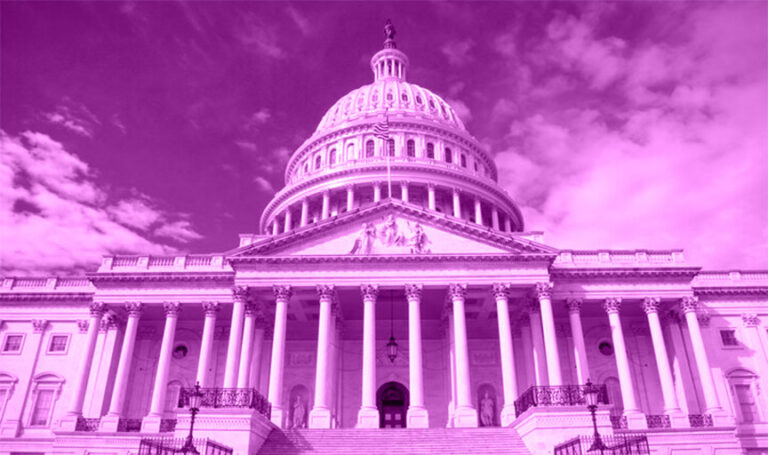Strippers’ bill of rights: Understanding the new law protecting adult dancers in Washington State
On Tuesday 26 March 2024, Washington State Governor Jay Inslee signed into law a piece of legislation that has been dubbed the ‘strippers’ bill of rights’. The law’s confirmation signifies the enactment of the most extensive legal safeguards for the adult entertainment sector that the nation has ever seen.
In recent years, the lack of rights for strippers and exotic dancers has garnered increasing attention as performers have advocated for better workplaces and protections. These individuals, often marginalised and stigmatised, face a myriad of challenges in their profession, ranging from harassment to unfair labour practices.
The current push for enhanced protections stems from a fundamental need to safeguard the rights and well-being of those working in the adult entertainment industry.
Since 2018, Strippers Are Workers, a dancer-led organisation in the state, has been advocating for regulations that will empower performers and allow them to strip “safely, positively, and lucratively.”
According to ABC News, the state’s Department of Labor and Industries will be responsible for drafting the new rules and guidelines to implement the changes in workplace safety standards outlined in the law by early next year. Additionally, the new law will enable adult entertainment businesses to acquire liquor licences, with these licences contingent upon adherence to the newly implemented safety regulations.
At the heart of this debate lies the question of whether strippers should be classified as employees or independent contractors. This distinction carries significant implications for their rights, including access to benefits such as minimum wage, health insurance, and protection from workplace discrimination.
Washington State Senator and bill sponsor Rebecca Saldaña of Seattle stated: “If they are employed at a legal establishment in Washington, they deserve the safeguards that every worker is entitled to, including protection from exploitation, trafficking, and abuse.”
Some of the other protections the bill will introduce include: having a security guard stationed at each club, using keypad codes to access dressing rooms, providing employee training to prevent sexual harassment, establishing protocols for handling violent customers, offering conflict de-escalation training for interactions among dancers, employees, and customers, and displaying signs stating that dancers are not obligated to surrender their tips.
It should be noted that similar initiatives have emerged in the past. For example, a landmark event in 2023 saw a group of strippers from Los Angeles successfully unionise—the first strip club to do so in 20 years. Shortly after, another bar in Portland followed suit. However, management issues unwilling to let go of control continue to rage on.
Strippers Are Workers campaign manager, Madison Zack-Wu has highlighted that the efforts behind the Washington bills were in response to significant regulatory gaps affecting strippers in the 11 clubs across the state.
According to Zack-Wu, the majority of dancers in the state operate as independent contractors. They get paid directly by customers and then have to pay club fees for each shift they work.
Now, with the new law, these fees are limited. Owners can only charge up to $150 or 30 per cent of what the dancers earn during their shift, whichever is less. Plus, the law states that clubs can’t add late fees or any extra charges for unpaid balances. This means that dancers can keep more of their hard-earned money without worrying about hefty club fees.
Too often, dancers are paid below minimum wage or are forced to rely solely on tips, leaving them vulnerable to financial instability. The lack of transparency regarding pay structures further exacerbates this issue, making it difficult for dancers to assert their rights.
Dancer Eva Bhagwandin recounted a distressing incident at a Seattle club where a customer’s card was declined after three lap dances. Despite his aggression and refusal to pay, no management intervention occurred. Bhagwandin, along with a waitress, had to escort the man out. The stripper never received her owed $140 but still had to pay the club $200.
Reflecting on the experience, Bhagwandin highlighted: “The lack of security and training and the lack of support between the management to the dancers, creates this culture where customers know that they can come in and not pay, they can come in and assault dancers, and they can come in and pretty much do whatever they want.”
The fight for increased protections for strippers and exotic dancers is not just about workplace justice, it’s about upholding basic human rights. It’s absurd that in today’s society, we still need to advocate for measures to combat wage theft, harassment, and discrimination in the adult entertainment industry.






